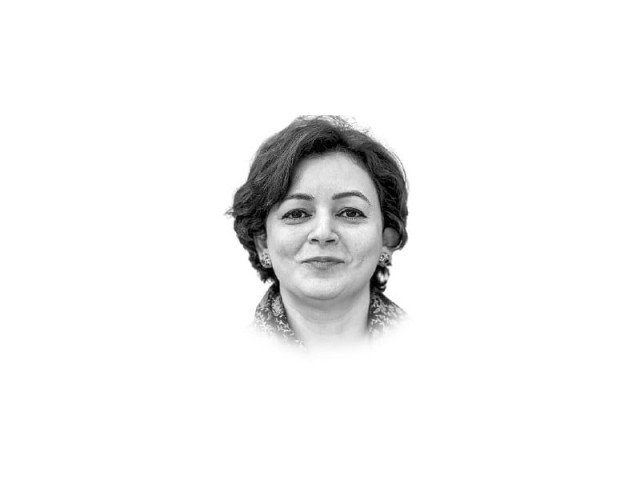Relic from the ruins
.

Dear Priest King,
I am writing to pay my respects to you and submit myself to the sovereignty and authority that has been attributed to you since ancient times. The title I have used to address you, translated as Hakim aala by 'your most obedient' curators at the National Museum Karachi (don't miss the sarcasm here), was courtesy of Sir John Marshal and his team, who excavated you from the ruins of Mohenjo Daro in 1926. I wonder how a calm, quiet, non-authoritative and unassuming figure like you was considered the supreme religious and political leader of the fully developed urban centre of antiquity. I believe such inferences about bygone people and events often project the mindset of the times they are made, making history not just about the past but also about the present. Learning history helps us understand the existing situation and predict the future for those who strive. This is exactly what I intend to do - correlate your story with today's self-proclaimed leaders, their self-conceived roles, borrowed titles, false auras and feeble characters.
My sole intention here is to avoid a fate similar to yours, that of the great people of the Indus, my ancestors, who built cities around 5000 years ago with advanced urban planning, sanitation and public services comparable to modern metropolises like New York. Your people made significant progress in farming, metallurgy and trading, constructing granaries to store crops and adorning themselves with embellished cloth, beads and heavy metals like gold and silver. The economic ties and other cultural exchanges with your contemporaries living in the Tigris and Euphrates valleys highlight your expertise in building fair foreign relations without geopolitical fear. Unfortunately, we have not been able to decipher your script and are unsure about your religious and political beliefs. Archeologists and art historians have tried decoding the material evidence gathered from your land, ascertaining that you held social orderliness in high esteem. Only a righteous ruler would focus on developing strategies for public safety, social welfare and community entertainment.
Your only portrait, the small statuette in the National Museum Karachi, is carved in soft steatite baked at over 1000°C to harden it. We could not find more busts and statues of your kind, leading me to speculate that in your state, like many historical republics, representation was based on personal status and the role of elections was limited. God forbid, I am not suggesting that you were selected and not elected. Borrowing Benjamin Rowland's description of the said statue, which he used to explain your ties with the people of the fertile crescent, "the plastic conception of the head and certain other technical details are fairly close and yet not close enough to prove a real relationship", I humbly dare to ask you about any proximity with today's successors, rulers of this region, their facilitators, or selectors. I am referring to the khadim-e aalas, kingmakers, umpires, qazis; recent versions of some Rustams, Nauratans, Marshals, Shastris, or some Bhais, Singhs and Musks. Let me inform you of another conspiracy theory purported by Jonathan Mark Kenoyer, who believes that your statue was broken and defaced deliberately as you lost prestige. This is what the anthropologist suggests and must not be taken as a threat by a nobody like me. However, as an ingenious well-wisher of the people of this land, I would like to alarm all concerned parties not only about the political fate of our priests and kings but also about the extinction of a thriving civilisation. The point of concern is that an inclusive socio-political system and a blooming economy vanished from the face of the earth without any signs of foreign invasion, epidemic or apparent natural disaster. We have seen it once and learning from your story, we must try to avoid it again.
Yours Bano.
PS: The gold disc you are wearing as a head band in the portrait bust is displayed at Harrappa Museum and the trefoil motif on your toga is still in fashion.















COMMENTS
Comments are moderated and generally will be posted if they are on-topic and not abusive.
For more information, please see our Comments FAQ